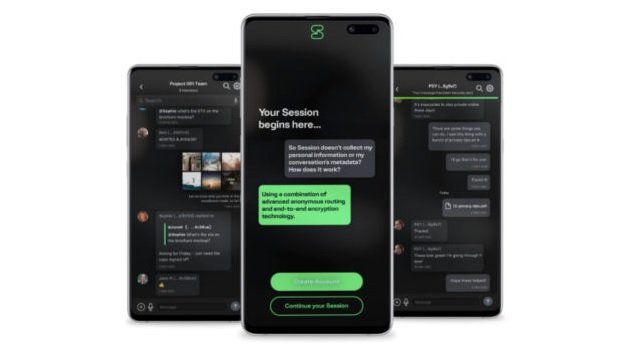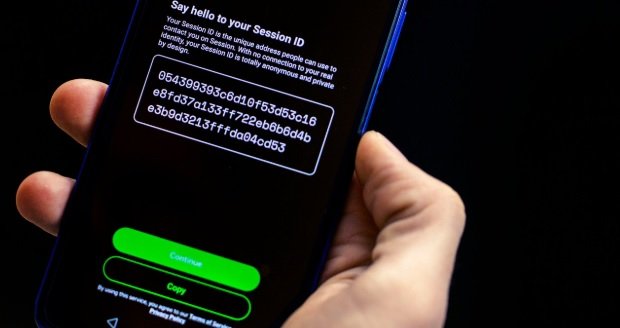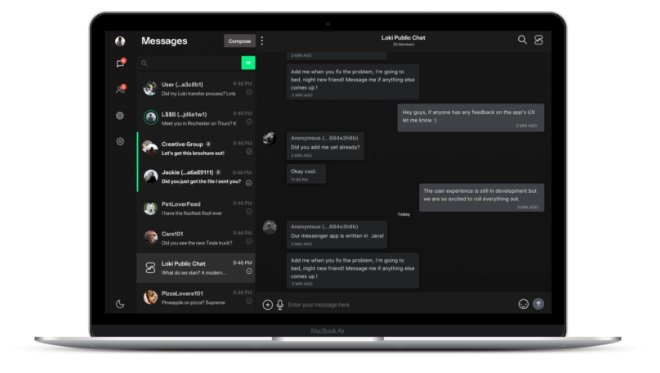Currently almost all mobile phone users in the world use one of the most popular instant messaging apps, mainly WhatsApp. While developers try to add as many protections as possible, these platforms share a common security disadvantage: all of them require users to enter a phone number.
This is why many users don’t trust the most popular apps, despite features like end-to-end encryption, two-factor authentication, or the use of an additional password or biometric identification.
For those users concerned about the security of their personal data, Loki Foundation developed Session, a new messaging app that eliminates the need to use a phone number to create an account. This is a fork (a kind of copy of the source code from another development) from Signal, another private messaging app popular with some users and is available to iOS and Android users.

Like its counterparts, Session has end-to-end encryption, and does not collect any kind of metadata, making it an ideal choice for those users who do not want any kind of sensitive information, bypassing systematic surveillance present in some other similar apps. According to cybersecurity experts, the most outstanding features of Session are listed below.
You don’t need a phone number
This app does not require the users’ phone number, so when creating your account, each new user will be assigned a random ID composed of multiple alphanumeric characters (056779045af9a8bfvhe4f5a8138fd5c, for example). Users can share this ID with contacts they want to add to their account, or submit their personal QR code.

It’s an open source development
Session code is completely open so that any user can verify its integrity, analyze its composition in even collaborate with the developers for improvement via GitHub.
Farewell to data breaches
Since this app does not perform data collection work, users are not exposed to the theft of information from the company’s servers. Session is based on blockchain technology, so users are provided with complete anonymity. In addition, to prevent any abusive behavior on nodes, such as dangerous Sybil attacks, Session has multiple security measures.
Session routing technology eliminates any trace of activity
Messages sent through Session are routed completely securely between users. Session’s onion routing technology limits information to an individual service node, making it impossible to determine who is talking to whom.

Data transfer
There are two different methods for backing up chats in Session. Users can create a local (password-protected) backup, or download a chat logs from the account of the other participating user of the conversation after restoring a session.
In addition, there are other reasons why using Session is a good alternative. For example, users can decide how long a message will be available, and the service would remain uninterrupted in the event of cell network collapse, not forgetting that Session also has the functions of these platforms, like creating group chats, sending voice notes, and so on.
He is a cyber security and malware researcher. He studied Computer Science and started working as a cyber security analyst in 2006. He is actively working as an cyber security investigator. He also worked for different security companies. His everyday job includes researching about new cyber security incidents. Also he has deep level of knowledge in enterprise security implementation.
